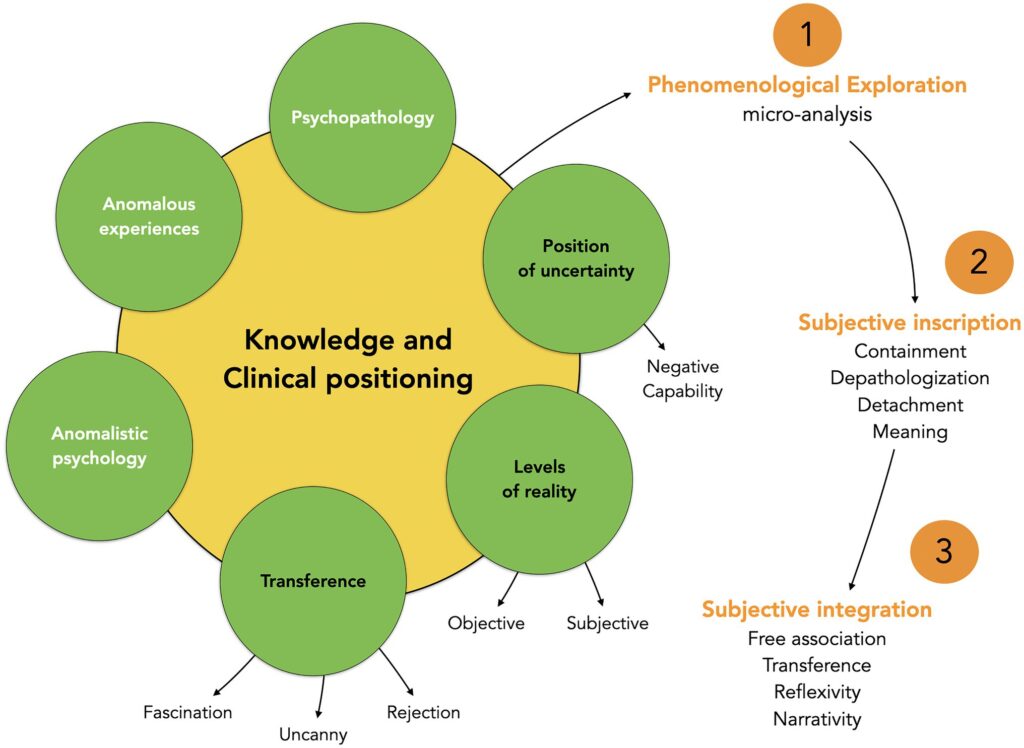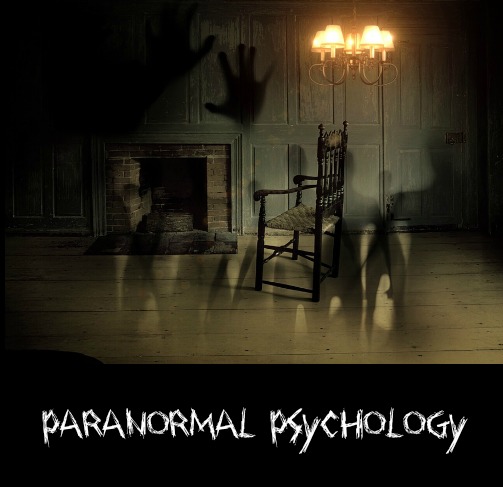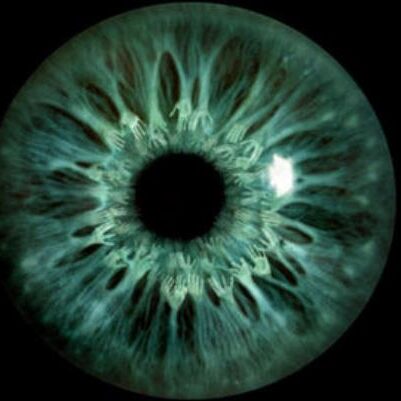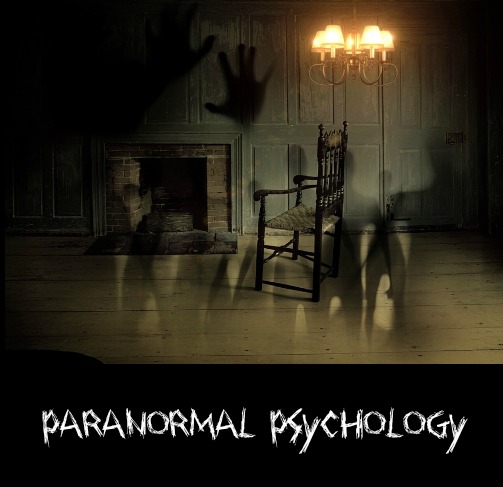In this article, we will explore the fascinating topic of whether paranormal occurrences can be understood through the lens of psychological factors. We will delve into research and theories that suggest a connection between the human mind and supernatural experiences. By the end, you will gain a deeper understanding of how our psychological processes may play a role in shaping our perceptions of the eerie and unexplainable. So, join us on this intriguing journey as we seek to unravel the mysteries behind paranormal phenomena.
What are paranormal occurrences?
Paranormal occurrences refer to events or experiences that are beyond the scope of scientific explanation or understanding. These phenomena often involve supernatural elements, such as ghosts, UFOs, psychic abilities, and unexplained phenomena like poltergeists or telekinesis. For centuries, people have been captivated by these mysterious and inexplicable phenomena, leading to various theories and explanations.
Defining paranormal occurrences
Paranormal occurrences defy the traditional laws of physics and challenge our understanding of the natural world. They often involve events that cannot be explained by current scientific knowledge and are often attributed to supernatural or otherworldly forces.
Examples of paranormal phenomena
Some common examples of paranormal phenomena include:
- Ghost sightings: Many people claim to have seen apparitions or experienced the presence of spirits.
- Telepathy: The ability to communicate with others through thoughts, without the use of verbal or nonverbal cues.
- Near-death experiences: People who have been clinically dead and then revived often report experiencing a range of paranormal phenomena, such as out-of-body experiences or encounters with deceased loved ones.
- Poltergeists: Unexplained and disruptive events, such as objects moving or levitating, often attributed to mischievous supernatural entities.
- ESP (Extra-Sensory Perception): The ability to perceive information beyond the five senses, such as future events or hidden knowledge.
While these occurrences may seem mysterious and inexplicable, some argue that they can be understood through the lens of psychology.
Understanding psychological factors
Psychological factors play a significant role in shaping our perceptions, beliefs, and experiences. By examining how psychology influences our understanding of the world, we can explore the potential connection between psychological factors and paranormal occurrences.
Psychological factors and their influence
Our individual beliefs, attitudes, and prior experiences shape how we interpret and make sense of the world around us. These factors influence how we perceive and interpret unusual or unexplained phenomena, including paranormal occurrences.
The role of perception and cognition
Perception and cognition are fundamental psychological processes that influence how we interpret and understand the world. They can contribute to the occurrence of paranormal experiences as individuals may misinterpret sensory information, leading to the perception of paranormal phenomena.
For example, pareidolia is a psychological phenomenon where individuals perceive meaningful patterns or faces in random or ambiguous stimuli, such as seeing faces in cloud formations or on toast. This tendency to find patterns and meanings in random stimuli may contribute to the perception of supernatural entities or phenomena.
How psychology can explain unusual experiences
Psychology provides various explanations for unusual experiences often attributed to paranormal phenomena. These explanations focus on cognitive processes, memory biases, and social influences that contribute to our perception of unusual events.

Link between paranormal occurrences and psychology
Exploring the connection between paranormal occurrences and psychology can shed light on the underlying factors that contribute to these phenomena.
Exploring the connection
The link between paranormal occurrences and psychology lies in how our psychological processes influence our perception and interpretation of these events. By understanding the psychological factors at play, we can potentially demystify paranormal experiences.
Psychological explanations for paranormal experiences
Psychological explanations for paranormal experiences include phenomena such as suggestion and suggestibility, hallucinations and perception, expectation and confirmation bias, cognitive dissonance, attention, and selective attention.
Psychological disorders and their impact on paranormal beliefs
Psychological disorders, such as schizophrenia or dissociative disorders, can lead individuals to interpret their experiences as paranormal in nature. These disorders can affect one’s perception and cognition, leading to the belief in or experience of paranormal occurrences.
Common psychological explanations
Psychological factors can help explain many paranormal experiences and phenomena that people often attribute to supernatural causes.
Suggestion and suggestion susceptibility
Suggestion refers to the process of influencing someone’s thoughts, beliefs, or behaviors through indirect means. Suggestion susceptibility is the degree to which individuals are vulnerable to suggestion. In the context of paranormal occurrences, suggestibility can influence people’s perception and interpretation of unusual events, leading to the belief in paranormal phenomena.
Hallucinations and perception
Hallucinations are perceptual experiences that occur without actual external stimuli. They can involve seeing, hearing, or feeling things that are not present in reality. Psychologists suggest that hallucinations can account for some paranormal experiences, as individuals may mistake internal sensory experiences for external supernatural phenomena.
Expectation and confirmation bias
Expectations and confirmation bias can shape our interpretations of events. If someone strongly believes in the existence of paranormal phenomena, they may interpret ambiguous or mundane experiences as evidence supporting their beliefs. Confirmation bias refers to the tendency to seek out and interpret information that confirms preexisting beliefs while disregarding or dismissing contradictory evidence.
Cognitive dissonance
Cognitive dissonance occurs when there is a mismatch between our beliefs and our behaviors or new information that challenges our existing beliefs. When faced with a paranormal experience that contradicts our rational understanding of the world, cognitive dissonance may arise, leading individuals to reinterpret their experiences as paranormal.
Attention and selective attention
Attention plays a crucial role in how we perceive and interpret the world around us. Selective attention refers to the process of focusing on specific stimuli while filtering out others. In the context of paranormal occurrences, attentional biases may influence individuals to notice and remember events that align with their beliefs and disregard contradictory information.

Case studies and research
The study of paranormal phenomena involves analyzing documented cases and conducting experimental studies to explore potential explanations.
Analysis of documented paranormal cases
Researchers have analyzed numerous documented paranormal cases to identify patterns and potential psychological factors at play. Analyzing these cases can help identify common themes and determine if there are alternative psychological explanations for the reported experiences.
Experimental studies and findings
Psychologists have conducted experimental studies to simulate paranormal phenomena and examine potential psychological underpinnings. These studies often involve manipulating variables such as suggestion, expectation, or attention to determine their impact on participants’ experiences and perceptions.
Contrasting perspectives on paranormal phenomena
While some researchers argue that psychological factors can entirely explain paranormal experiences, others maintain that there may be genuine paranormal phenomena that cannot be reduced solely to psychological explanations. Debates and differing perspectives contribute to the ongoing exploration of the relationship between psychology and the paranormal.
Scientific approach versus belief in the paranormal
The scientific approach emphasizes empirical evidence and rigorous methodology to understand the natural world. However, belief in the paranormal often relies on personal experiences, anecdotal evidence, and subjective interpretations.
The scientific method and its limitations
The scientific method provides a systematic approach to understanding phenomena through observation, hypothesis formulation, experimentation, and analysis. However, certain paranormal phenomena may not lend themselves well to scientific investigation due to their elusive and unpredictable nature.
Challenges of studying paranormal occurrences
Studying paranormal occurrences presents several challenges. The elusive nature of these phenomena makes it difficult to capture and measure them objectively. Additionally, the subjective nature of personal experiences makes it challenging to distinguish genuine paranormal occurrences from misinterpretations or fabrications.
Belief systems and their influence
Belief systems play a significant role in how individuals understand and interpret paranormal phenomena. Cultural, religious, and personal beliefs shape our perceptions and determine whether we are more inclined to attribute unusual experiences to supernatural causes or seek psychological explanations.

Criticism and skepticism
While many individuals believe in the paranormal, skepticism and criticism persist within the scientific community and other circles.
Skeptical perspectives on paranormal claims
Skeptics often reject paranormal claims due to the lack of empirical evidence and the potential influence of cognitive biases and subjective interpretations. Skeptics argue that alternative psychological explanations provide more plausible reasons for paranormal experiences.
Debunking popular paranormal beliefs
Through critical analysis and scientific investigation, researchers have debunked numerous popular paranormal beliefs. By exploring the psychological, physical, and sociocultural factors contributing to these beliefs, researchers hope to provide more accurate explanations for paranormal experiences.
Psychological explanations as alternative perspectives
Psychological explanations offer alternative perspectives to supernatural explanations for paranormal occurrences. While not denying the reality of people’s experiences, these explanations suggest that psychological processes can account for many seemingly inexplicable events.
Debates and controversies
The nature of paranormal occurrences continues to spark debates and controversies among scientists, academics, and the general public.
The ongoing debate
The debate surrounding paranormal phenomena centers on whether these experiences can be explained by psychological factors or if they genuinely involve supernatural or otherworldly forces. While some researchers argue for psychological explanations, others maintain that there may be genuine paranormal phenomena that defy conventional scientific understanding.
Controversial cases and their impact
Controversial cases, such as alleged sightings of cryptids like Bigfoot or Loch Ness Monster, often fuel debates within the paranormal community. These cases generate intense scrutiny and criticism from skeptics, leading to contentious discussions about the validity of paranormal claims.
Ethical considerations in paranormal research
Paranormal research raises ethical considerations, particularly regarding the well-being and informed consent of participants. Researchers must adhere to ethical guidelines to protect the rights and welfare of individuals involved and ensure the validity and reliability of their findings.

Psychological intervention and support
For individuals who have had paranormal experiences, psychological intervention and support can provide valuable assistance.
Counseling for individuals with paranormal experiences
Psychologists and therapists specialize in providing counseling and support to individuals who have had paranormal experiences. They help individuals explore alternative perspectives, cope with the emotional impact of their experiences, and develop strategies for dealing with related distress or confusion.
Therapeutic approaches to address psychological factors
Therapeutic approaches, such as cognitive-behavioral therapy or trauma-focused therapy, can help address psychological factors that contribute to the interpretation of paranormal experiences. These approaches aim to challenge and reevaluate cognitive distortions, reduce anxiety, and provide individuals with coping mechanisms.
Support groups and community resources
Support groups and community resources offer individuals the opportunity to connect with others who have had similar experiences. Sharing their stories and learning from others can provide validation, support, and a sense of belonging.
Conclusion
The relationship between paranormal occurrences and psychological factors is a complex and intriguing topic. While some argue that psychological explanations can entirely account for paranormal experiences, others maintain that there may be genuine unexplained phenomena. Exploring psychological factors can provide insight into the underlying processes that contribute to the perception and interpretation of paranormal occurrences. Further research and exploration are necessary to unravel the mysteries surrounding these phenomena, promote critical thinking, and provide support for individuals who have had paranormal experiences.

